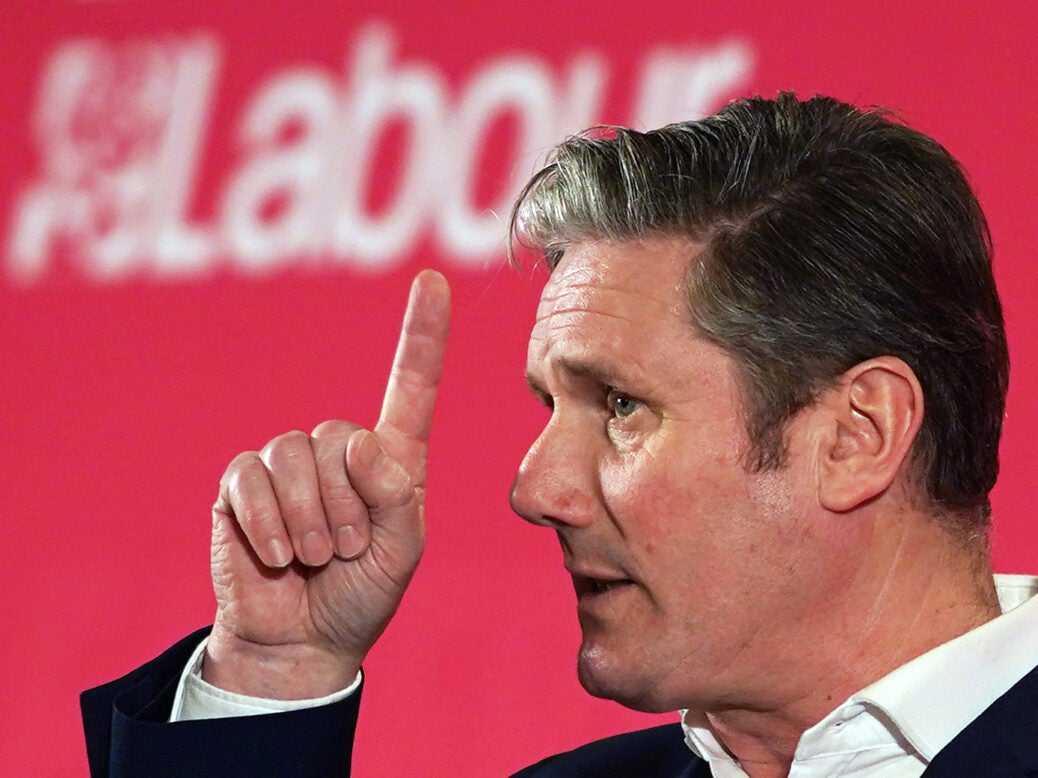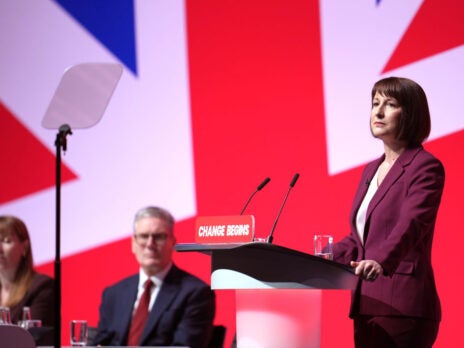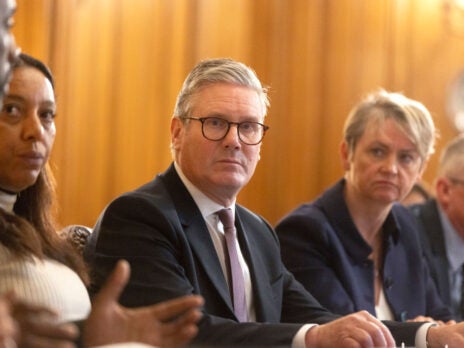
It is one month since the Spring Statement, one week since Boris Johnson was fined for breaking lockdown rules, and we are just two weeks away from local elections across the home nations that could save or skin the Prime Minister. So how is public opinion stacking up for the Tories?
The answer is: not great. The two most important data-points are these. First, much of the Conservative recovery in the polls we saw earlier this year has now been reversed. In January Labour’s leads over the Tories hovered around eight to nine percentage points. At the start of the war in Ukraine that fell to four points. Now it has returned to six, with the most recent surveys pointing to Labour leads of five, eight and 11 points.
Compared with the polls in the run-up to the local elections in 2017 and 2018, the advantage is Labour’s. In April 2018 the Conservatives led by one point. In April 2017 they led by 17. Now they are behind.
The second data-point is, in my mind, more important for the long term — and it concerns the economy. Rishi Sunak’s Spring Statement did little for Conservative credibility. Individual measures, such as cutting fuel duty or national insurance, might have received some plaudits, but at the same time the public saw that such tinkering would do little to ease the cost of living, which is the primary domestic issue in people’s minds at present. I suspect we don’t truly appreciate just how much public attention is directed towards the cost of living. The support offered in Sunak’s statement was a drop in the ocean when it comes to alleviating that economic pain for so many voters, and consequently his party’s reputation on the economy is suffering.
Over the weekend a Deltapoll survey for the Mail on Sunday gave Labour an 11-point lead overall, and an eight-point lead on which party would be best for the British economy. This is significant. Any lead for Labour on the economy is rare, let alone eight points. And the Deltapoll survey doesn’t look like an outlier. In the immediate aftermath of the Spring Statement a snap survey from Opinium found a shock Labour lead on the economy, too, though only by a margin of one percentage point. Redfield and Wilton, when asking who voters would trust on the economy more personally, found that people preferred Keir Starmer to Boris Johnson. And Ipsos Mori also found that voters now trust Labour over the Tories to manage taxes and public spending.
While one should exercise caution when it comes to that eight-point lead from Deltapoll (the real lead is likely to be much closer), this shift on the economy is notable. Poll leads for Labour on how people intend to vote come and go. They came in 2012, and went in 2015. They came in the latter half of 2017, and went by 2019. But Labour leads on the economy? They are telling indeed.
There is, of course, a caveat to all this, and Labour should be wary of celebrating. These numbers are primarily a by-product of apathy among Tories rather than Labour gain. While there are indeed advances for Labour among Tory supporters, the driving force behind these polls is more Conservative voters losing faith and signalling their neutrality. It will be easier for Tory strategists to get apathetic supporters back than to win them over from other parties. Labour is doing a much better job of winning converts from the Tories and other parties than in 2019 or 2015, but for the most part their leads in the polls remain delicate: easily quashed with the right Tory campaign or, perhaps, the right leader.


